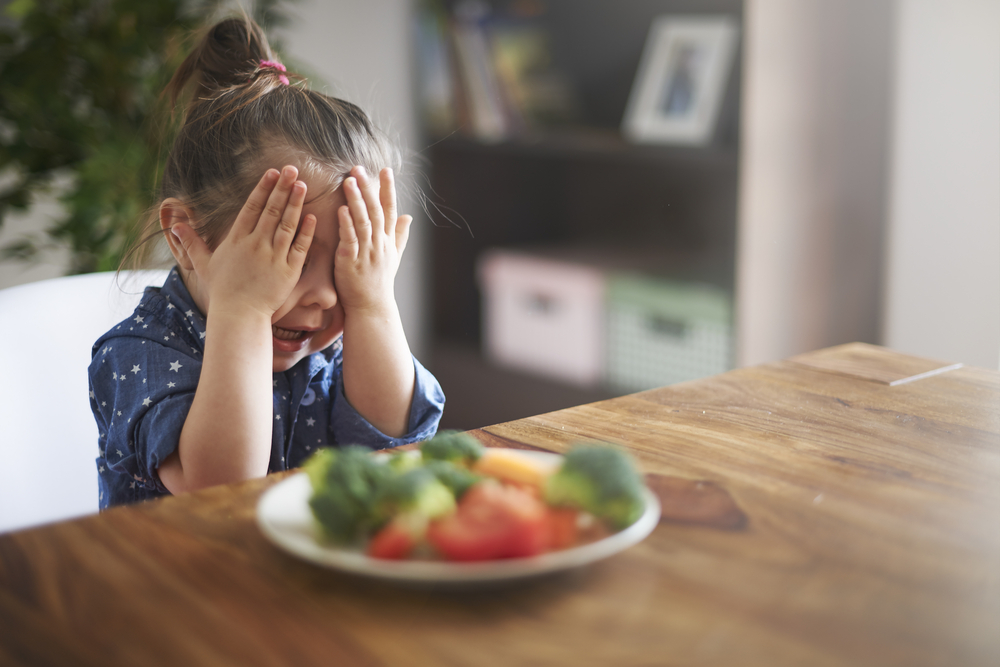Humans are social creatures, and our behaviors, particularly those linked to eating, are frequently influenced by what we watch in others. Social modeling is an important phenomenon that influences our dietary preferences and consumption patterns.
Evaluating facial expressions and food preferences
Dr. Katie Edwards of Aston University School of Psychology conducted a recent study in the UK on the effect of facial expressions on food preferences, specifically raw broccoli. Dr. Edwards discusses the study’s significance in the journal Frontiers in Psychology.
“We show that watching others eating a raw vegetable with a negative facial expression reduces adult women’s liking of that vegetable, but not their desire to eat it,” Dr. Edwards said.
The impact of positive and negative expressions
The study, which included almost 200 young women, showed participants movies of adults eating raw broccoli, each with a distinct facial expression—positive, neutral, or negative. Surprisingly, negative attitudes reduced the vegetable’s likability, while positive expressions did not increase it.
“Watching others eating a raw vegetable with a positive facial expression did not increase adults’ vegetable liking or eating desire,” Dr. Edwards observed.
Unraveling the complexity of food preferences
According to Dr. Edwards, disgust for foods may be a natural defensive mechanism against potentially hazardous or unappealing things. This study reveals the complex link between apparent enjoyment, facial expressions, and true food preferences.
Implications for children’s eating habits
While the study focused on adults, Dr. Edwards suggests that comparable processes may influence children’s dietary choices. Negative facial expressions from adults may have a major impact on children, who are generally unwilling to try veggies.
“For example, if a child sees their parent showing disgust whilst eating vegetables, this could have negative consequences on children’s vegetable acceptance,” Dr. Edwards said.
The utilization of video clips rather than static pictures or live demonstrations set this study apart. This method provided a more realistic image of dynamic facial expressions, allowing for a better understanding of the topic.
Dr. Edwards proposes that future research should look at the effects of observing live dining experiences and how these findings relate to actual vegetable consumption among adults.
“We also need more research to see whether the findings from this study translate to adults’ actual intake of vegetables,” said Dr. Edwards.
The complexity of social modeling in food choices
While the study underlines the importance of social modeling in shaping eating patterns, it also emphasizes the need for additional research, particularly in live settings and across age ranges. Understanding these distinctions may pave the way for more effective efforts to promote healthier eating habits.
Source study: Frontiers in Psychology—Exposure to models’ negative facial expressions whilst eating a vegetable decreases women’s liking of the modelled vegetable, but not their desire to eat










